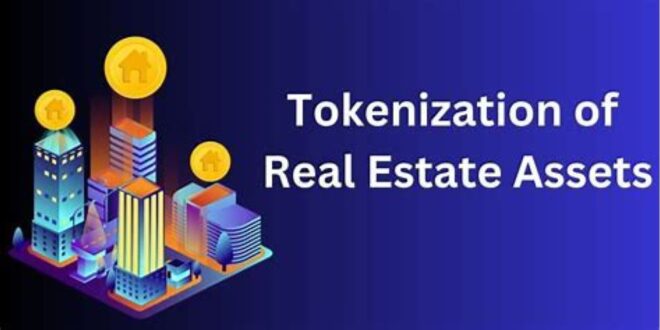In a groundbreaking move that bridges traditional real estate and blockchain technology, Dubai government agencies are collaborating to connect the city’s real estate registry with property tokenization platforms—marking a major step forward in the emirate’s smart city ambitions.
The initiative is led by the Dubai Land Department (DLD) in coordination with key local regulatory and technology entities. It aims to digitize ownership records and enable tokenized real estate assets to be officially recognized within the existing legal and property framework.
“This collaboration is about bringing the future of real estate to Dubai today,” said a senior DLD official. “We’re laying the infrastructure for a more liquid, transparent, and inclusive property market.”
What Tokenization Means for Real Estate
Property tokenization is the process of converting real estate assets into digital tokens on a blockchain—effectively allowing fractional ownership, faster transactions, and improved access to global investors.
By linking tokenized property with the official registry, Dubai is setting the stage for legally enforceable digital ownership, making it easier to trade, finance, or lease properties through blockchain-based platforms.
“This is a huge leap toward mainstream adoption,” said a regional blockchain expert. “It eliminates the disconnect between physical assets and digital innovation.”
A Smart City with Smart Property
The initiative is part of Dubai’s broader vision to become a global hub for blockchain and Web3 innovation, following the launch of the Virtual Assets Regulatory Authority (VARA) and various crypto-friendly frameworks. It also aligns with the Dubai Economic Agenda (D33), which prioritizes digital transformation across key industries.
Officials say the integration will enhance transparency, reduce fraud, cut paperwork, and streamline cross-border transactions—all key pain points in traditional real estate processes.
Global Implications
Dubai’s move could set a precedent for other governments exploring property tokenization. By aligning tokenization with regulatory compliance and registry recognition, Dubai is positioning itself at the forefront of global real estate innovation.
“This could redefine how cities manage land ownership,” said a legal advisor involved in the project. “Dubai’s model may be exported worldwide.”
Pilot programs are expected to roll out in select areas of Dubai later this year, with broader implementation planned in phases. Real estate firms, tokenization startups, and fintech providers are already preparing to integrate with the new system.
As Dubai brings blockchain to the foundation of its skyline, the line between physical property and digital finance continues to blur—ushering in a new era of smart real estate.
 Business Sandesh Indian Newspaper | Articles | Opinion Pieces | Research Studies | Findings & News | Sandesh News
Business Sandesh Indian Newspaper | Articles | Opinion Pieces | Research Studies | Findings & News | Sandesh News



